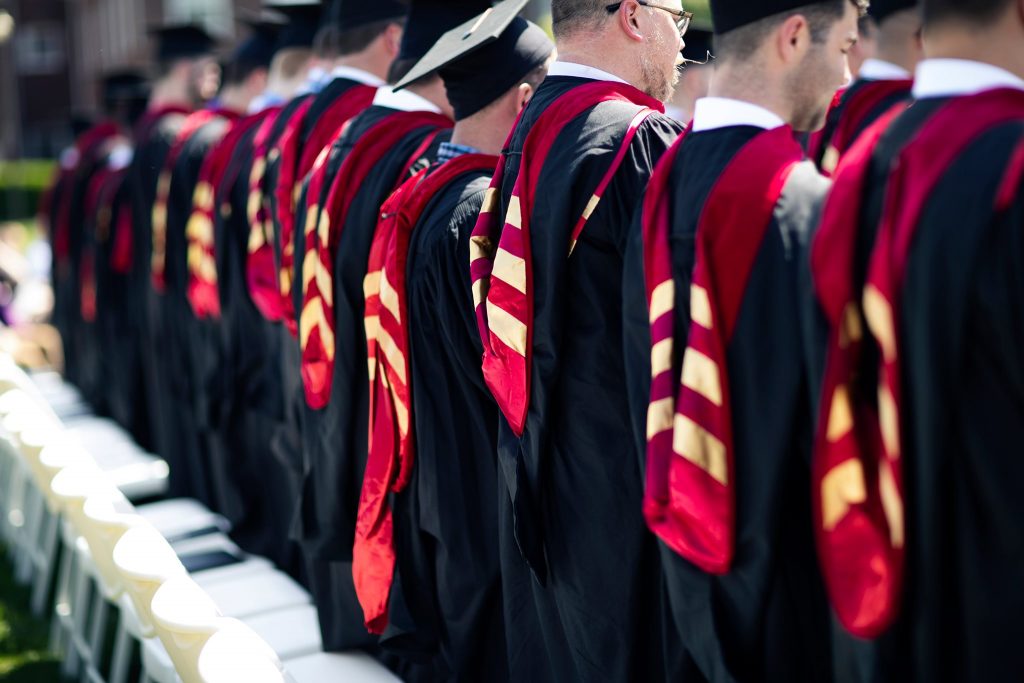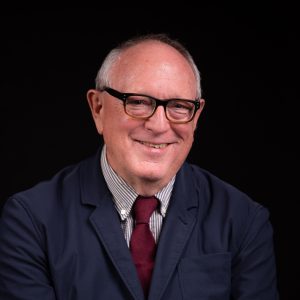WHEREAS, Southern Baptists, whether as a national denomination or through their state conventions, have established a host of seminaries and colleges, which have made great contributions to the Body of Christ; and
WHEREAS, a great many of these schools have drifted from their original commitments to undergird and advance the Great Commission, as evidenced, for instance, by the fact that seminaries required a conservative resurgence to reestablish their devotion to biblical inerrancy, and by the roll call of formerly-Baptist colleges, no longer confessional or even recognizably Christian in some cases; and
WHEREAS, the forces which drive schools toward compromise, spiritual impotence, and secularism are manifold (with worldly notions either supplanting, twisting, or mitigating Scripture)—to include fear of numerical and financial decline; thirst for prestige and the applause of the world; the concern of individuals for employment security, career advancement, or acclaim; the turf-minded intrigues of academic affairs; bureaucratic intransigence, overweening aversion to conflict, and emphasis on collegiality to the detriment of doctrinal fidelity; the availability of substantial and manifold public relations resources to maintain a misleading appearance of health; and the absence of effective checks and balances to arrest the drift, whether the moorings have been loosed intentionally or unwittingly; and
WHEREAS, genuinely Christian higher education is nevertheless and emphatically an enterprise well worth supporting within the family of faith, however challenging its cultivation may be; now, therefore, be it
RESOLVED that Southern Baptists redouble their efforts to secure, and, if advisable, establish colleges and seminaries for the glory of God and the gospel of Christ, equipping men and women to “demolish arguments and every pretension that sets itself up against the knowledge of God” and to “take captive every thought to make it obedient to Christ.” (2 Cor. 10:5); and be it further
RESOLVED that we admonish those granted oversight of these institutions and its various departments and offices—whether trustees, administrators, or faculty—to champion the best of what constituted the founders’ Christian vision; and be it further
RESOLVED that the doctrinal parameters be clear and well protected from those who would trample them, either to escape their outward constraints or to invade their confines to abuse the occupants with personal agendas and arbitrary standards; and be it finally
RESOLVED that we, as Southern Baptists, will never count the history, growth, and acclaim of a school to be the measure of its worth, but that we, rather, will seek to discern its current standing beside the Lord’s plumb line, convinced that any institution of Christian higher education merits denominational support only so long as its foundation and structure is sound, or amenable to restoration.


























